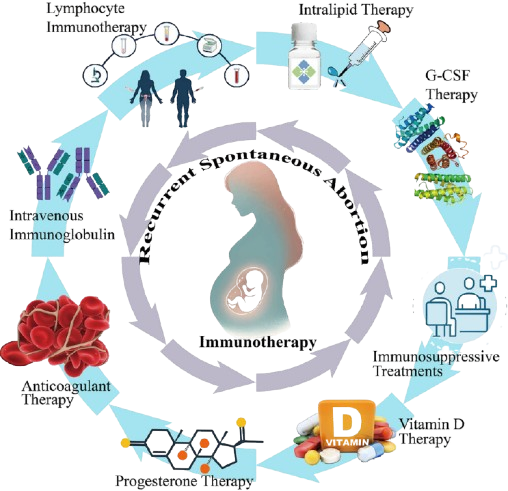PLI is performed to reduce the risk of miscarriage or infertility by desensitizing the mother's immune system to paternal antigens carried by the fetus.
Paternal Lymphocyte Immunization (PLI) is a medical procedure aimed at addressing certain cases of recurrent miscarriage or infertility by inducing immune tolerance in the mother's body towards paternal antigens. Here are 15 points explaining PLI
medical procedure where paternal lymphocytes are injected into the mother to induce immune tolerance to paternal antigens, reducing the risk of miscarriage or infertility. It's considered for couples with recurrent miscarriage or unexplained infertility, though its effectiveness and potential risks remain subjects of debate.

PLI is based on the hypothesis that some cases of recurrent miscarriage or infertility may result from an immune response by the mother's body against paternal antigens present in the fetus.